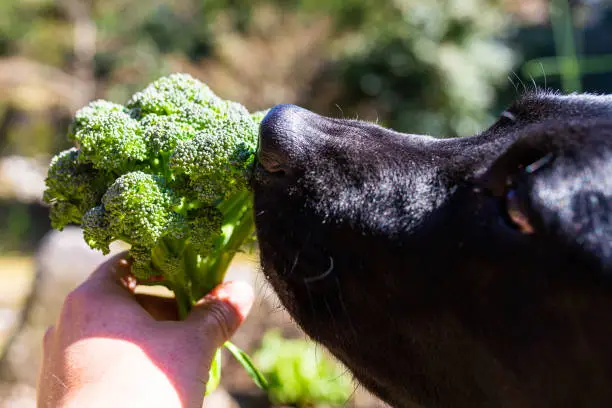Dear Reader,
In the Jewish calendar, the period we’re in now, is known as The Three Weeks. It a time of mourning and reflection. It begins on the 17th Tammuz and ends with Tisha B’Av (9th Av), a day that commemorates the destruction of both Temples in Jerusalem. Traditionally, it is a time of restraint, with many people avoiding celebrations, music, haircuts and, in the final 9 days, also meat and wine. For vegans and those exploring plant-based living, this stretch can feel surprisingly aligned with core values.
During the last 9 days of The Three Weeks, it is customary in many communities to abstain from eating meat and drinking wine, echoing the mourning rituals associated with the destruction of the Temples, where meat and wine played central roles in festive and religious ceremonies. For someone who already avoids animal products, these customs feel less like a restriction and more like a natural extension of daily choices.
From a vegan perspective, the choice to abstain from meat and wine during this time is deeply symbolic. It reflects a consciousness about suffering, destruction and the need for healing. The Temples were places where animal sacrifices took place, yet their destruction also marked the beginning of a new way of worship, one without sacrifice. In that sense, the Three Weeks can serve as a meditative period on the movement towards compassion, away from practices that involve harm, and towards a more ethical and sustainable relationship with the world.
Wine, often associated with joy and abundance in Jewish tradition, is also restricted during this time. Many vegans avoid mass-market wines because of the fining agents used in production, which can include animal-derived ingredients like isinglass or casein. Choosing a vegan wine, or indeed skipping it altogether, can feel like a quiet act of alignment with the spirit of this time. It is not about rejecting joy entirely, more about recognising the value of restraint and mindfulness.
There is also something powerful about how Jewish practice connects food with memory and morality. The Three Weeks remind us that eating is never just a physical act; it carries with it cultural, ethical and spiritual weight. Eating plants instead of animals during this period can be seen as an extension of mourning for a world that has known too much suffering, and a gesture towards the hope of rebuilding something better, something kinder.
Many Jewish people use this time to reflect on baseless hatred, the traditional reason given for the destruction of the Second Temple. Veganism often involves reflecting on the ways in which our actions affect others, even those we might not see or understand fully. It is about widening the circle of compassion. In that way, The Three Weeks offer a unique space to deepen that practice, Beyond doing so through food, also through thought, conversation and intention. All of which impact our thoughts, speech and actions.
As the fast of Tisha B’Av approaches, the culmination of this period, there is an invitation to sit with loss, also to sit with responsibility. Steering away from a heavy, shameful or guilt-ridden approach, instead in a grounded, honest and open way. Introspecting, asking critical questions. Delving into the vision of a kinder world we live in and want to help build. Also diving into what and how, our daily choices say about the future we are imagining.
The Three Weeks are more than a religious observance. They can also be a time of alignment, a spiritual pause to reflect on how we live, eat and care. And maybe, just maybe, that reflection can help bring about a little more peace in a world that needs it.
Warmly,
Maya


















